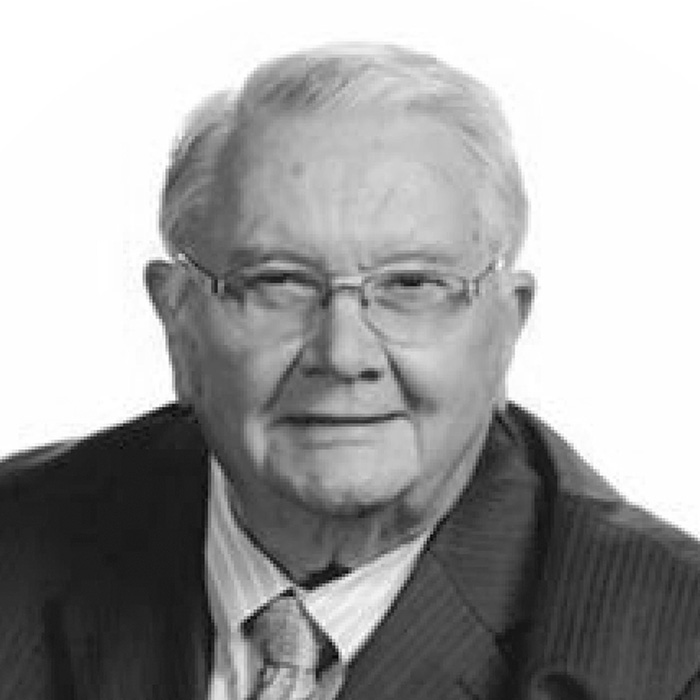OPINION —
When I read something that I like, I claim the author as my friend. It’s an idea I picked up from my friend, Elton Trueblood. One day, when we were talking together, he shared a quote by “my friend Samuel Johnson.” Remembering that Samuel Johnson lived during the 18th Century, I asked Trueblood the obvious question: Why do you speak of him as your friend? I loved his answer: “Books, Walter, are a precious gift of God; when we read them we can become friends with the author.”
With that in mind, one of my new friends is Daniel Schantz who lives in Moberly, Missouri. Daniel is one of several writers of devotionals found in Walking in Grace, the 2025 Guideposts book of daily devotions. In one of his devotionals, Daniel shares the joy of becoming a great-grandfather when his granddaughter Hannah gave birth to Samuel.
“When first I saw Samuel, I was struck by his helplessness,” Daniel wrote. His wife laughed and said, “Well, never fear, babies have a way of getting everything they need.”
Daniel had me laughing when he described his discovery “that a baby the size of a baked ham could fill a 10-room house with such an odor that Dad called the plumber, suspecting a sewer problem.”
Since I am now a great, great-grandfather, I recalled easily Daniel’s account of the cries babies use to get their needs met, like the “self-pity sob,” the “Feed-me-NOW-or-I-will-break-your-legs” cry and “the screaming marathon” that is “so shrill and lasting that neighbors have been known to call 911.”
Samuel’s smile, according to Daniel, is his greatest strength. “When he gives me that cute little grin, I am ready to give him half my kingdom.”
Like most males, Daniel wants to be strong and self-sufficient, “but from my great-grandson I have learned that humility is the first step to greatness. My family says that I am easier to live with and a lot more loveable when I am vulnerable and willing to be helped.”
Daniel reminds us of what Paul says in 2 Corinthians 12:10, “I am content with weaknesses. …For when I am weak, then I am strong.” Then he closes with this meaningful prayer: “Father, help me not to be ashamed of weakness but to recognize the opportunities it contains.”
The phrase, “willing to be helped,” caught my attention. The writer of Hebrews reminds us that we have “a great high priest” to whom we can turn for help in our times of weakness:
“Therefore, since we have a great high priest who has ascended into heaven, Jesus the Son of God, let us hold firmly to the faith we profess. For we do not have a high priest who is unable to empathize with our weaknesses, but we have one who has been tempted in every way, just as we are — yet he did not sin. Let us then approach God’s throne of grace with confidence, so that we may receive mercy and find grace to help us in our time of need” (4:14-16).
Yes, praise God, in our times of need, we can turn to Jesus, our high priest, who understands our weaknesses and is ready to help us – when we become willing to be helped. When we humble ourselves and admit that we need the help that only Jesus can provide, then we can receive the confidence that God gave David in his hour of need. Observe how he moves from turmoil to the confidence that God is the strength of his heart:
When I saw this, what turmoil filled my heart. I saw myself so stupid and so ignorant; I must seem like an animal to you, O God. But even so, you love me. You are holding my right hand. You will keep on guiding me all my life with your wisdom and counsel, and afterwards receive me into the glories of heaven. Whom have I in heaven but you? And I desire no one on earth as much as you. My health fails, my spirits droop and yet God remains. He is the strength of my heart; he is mine forever. (Psalm 73:21-26).
So thank you, Daniel, for letting your great-grandson remind me that when I am willing to be helped, I can turn in humility to my Lord Jesus. He alone can guide me through turmoil and weakness and allow me to say with Paul, “When I am weak, then I am strong,” because Jesus is the strength of my heart!


